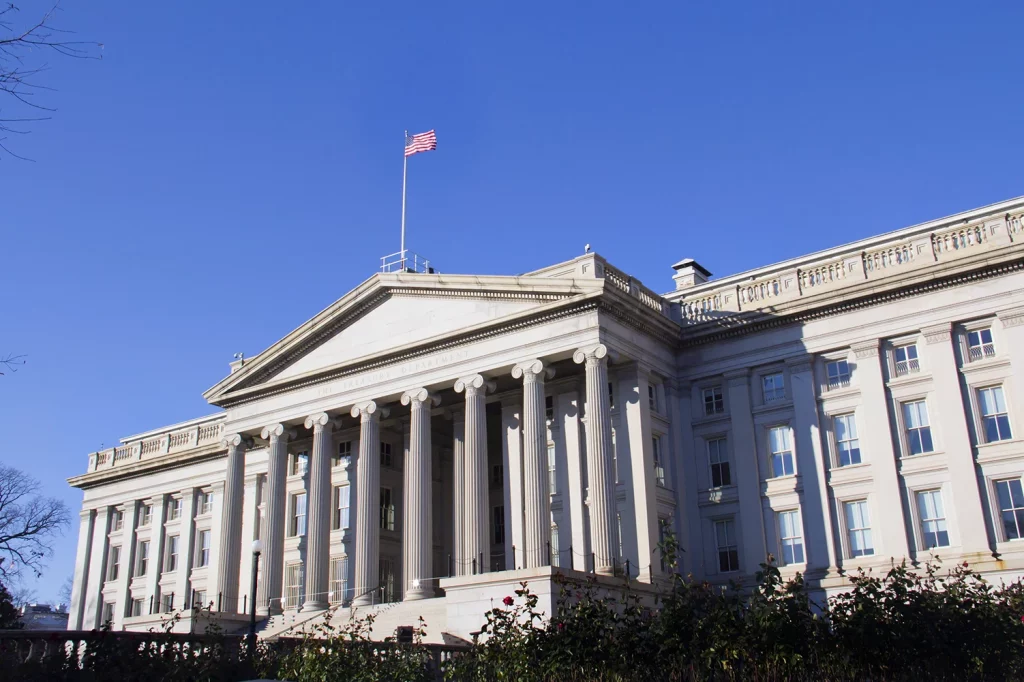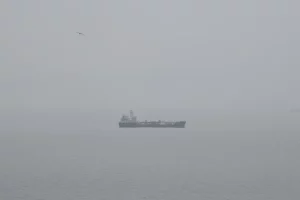The US has imposed sanctions against Russian oil companies: among them Rosneft and Lukoil

The US sanctions also apply to about 50 subsidiaries of Russia’s Rosneft and Lukoil.
The US authorities said that the US has imposed “significant” sanctions against Russian oil companies, stressing that these actions were “the result of Russia’s lack of serious commitment to the peace process to end the war in Ukraine,” the US Treasury Department said in a press release.
The decision was made on Wednesday, October 22, by the Office of Foreign Assets Control (OFAC) of the US Treasury Department. The sanctions list includes Russia’s largest oil companies Rosneft and Lukoil. The sanctions also affect about 50 of their subsidiaries. Earlier this month, these companies were subject to sanctions by the UK.
“Given President Putin’s refusal to end this senseless war, the Treasury Department is imposing sanctions on two of Russia’s largest oil companies that are funding the Kremlin’s war machine,” Treasury Secretary Scott Bessant was quoted as saying in a statement.
US President Donald Trump said it was a “very important day” in US action against Russia.
“These are huge sanctions. They are very large – on two of their major oil companies. And we hope they won’t last long. We hope the war will be resolved,” Trump told reporters at the White House after meeting with NATO Secretary General Mark Rutte.
US Treasury Secretary Bessant told reporters at the White House that the sanctions were being imposed after Putin “did not come to the negotiating table as honestly and straightforwardly as we had hoped.” He later told Fox Business that Trump was “disappointed with where we are in these negotiations.”
According to “Radio Svoboda”, Trump has held off on new sanctions for months, saying he hoped to persuade Putin to negotiate a settlement of the war in Ukraine. He also said on October 22 that he decided to move forward with sanctions because he “simply felt the time was right” and hoped it would force Putin to be “reasonable.” In April, U.S. Senators Lindsey Graham and Richard Blumenthal introduced a bill that would impose a 500 percent tariff on imports from countries that buy Russian energy and raw materials if Moscow does not agree to a long-term peace with Ukraine. The initiative was suspended after President Donald Trump announced his intention to seek a settlement of the conflict. On October 20, Senate Majority Leader John Thune announced that consideration of the bill had been postponed until Trump meets with Russian President Vladimir Putin. The talks were planned in Budapest, but, as the White House clarified, Trump does not plan to meet with the Russian leader in the near future.
Also on October 22, the European Union countries approved the 19th package of sanctions against Russia, which may be adopted on October 23. In particular, they include adding oil tankers used by Moscow to the “blacklist”, restrictions on travel by Russian diplomats and a gradual ban on LNG imports from Russia until 2027.
Read also: Russia’s sea-based crude oil exports are not decreasing, but growing, – Klimenko.





